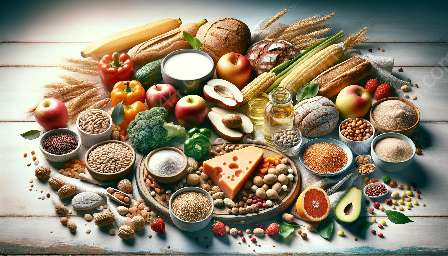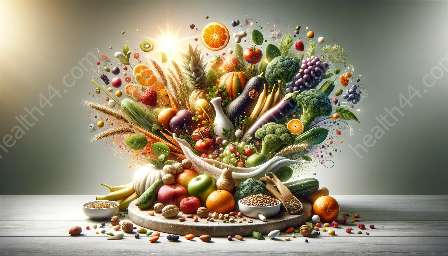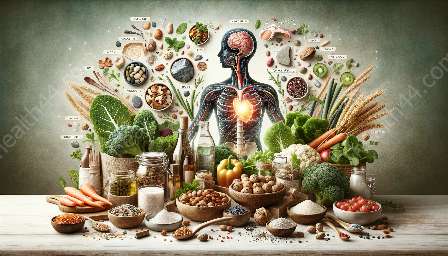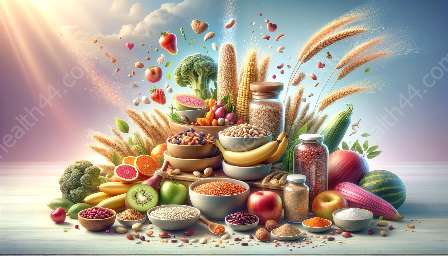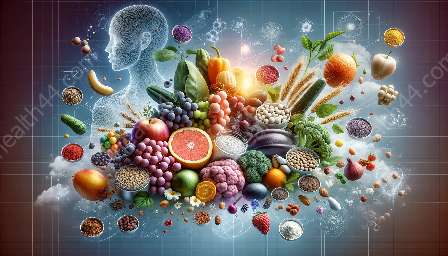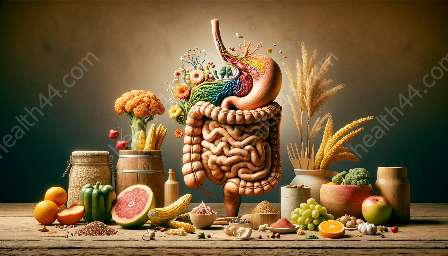Phytochemicals are natural compounds found in plants, known for their various health benefits and contributions to nutrition. By exploring phytochemical-rich foods, one can uncover the potential positive impact of these compounds on health. Let's delve into the realm of phytochemicals and their implications for nutrition and well-being.
Understanding Phytochemicals
Phytochemicals, often referred to as phytonutrients, are bioactive compounds present in plant-based foods. These compounds are responsible for the vibrant colors, flavors, and distinctive aromas of fruits, vegetables, legumes, nuts, seeds, and whole grains. While phytochemicals are not considered essential nutrients like vitamins or minerals, they play a crucial role in promoting health and preventing chronic diseases. The diverse classes of phytochemicals include flavonoids, carotenoids, phenolic acids, and glucosinolates, each with unique properties that contribute to the overall health benefits of plant-based foods.
Rich Sources of Phytochemicals
Phytochemicals are abundant in a wide array of plant-based foods, making a plant-centered diet an excellent way to incorporate these beneficial compounds. Colorful fruits and vegetables, such as berries, oranges, spinach, kale, and bell peppers, are rich sources of phytochemicals. Additionally, whole grains, nuts, seeds, and legumes are valuable contributors to phytochemical intake. Herbs and spices, such as turmeric, garlic, and cinnamon, also contain significant amounts of phytochemicals, adding both flavor and health benefits to culinary creations.
Benefits of Phytochemicals for Health
The consumption of phytochemical-rich foods is associated with numerous health benefits. These compounds possess antioxidant, anti-inflammatory, and immune-modulating properties that can help protect the body from oxidative stress, chronic inflammation, and certain diseases. Phytochemicals have been linked to a reduced risk of cardiovascular disease, certain cancers, and age-related macular degeneration. Furthermore, they may also support healthy aging, cognitive function, and overall well-being.
Phytochemicals and Nutrition
Integrating phytochemical-rich foods into a balanced diet is key to maximizing their nutritional benefits. These compounds complement essential nutrients and contribute to the overall nutritional quality of a diet. The inclusion of a variety of phytochemical-rich foods can enhance the diversity of nutrients consumed, promoting optimal health and well-being. Furthermore, incorporating a vibrant assortment of phytochemical-rich foods can elevate the sensory experience of meals, making healthy eating both nutritious and enjoyable.
Embracing Phytochemical-Rich Foods
Embracing a diet rich in phytochemicals involves incorporating a colorful and diverse array of plant-based foods. By including an abundance of fruits, vegetables, whole grains, nuts, seeds, legumes, and herbs in everyday meals, individuals can harness the power of phytochemicals to support their health and well-being. The spectrum of phytochemical-rich foods allows for culinary creativity and variety, making it easier to adopt a dietary pattern that is both nutritious and flavorful.
Conclusion
Phytochemicals are valuable components of plant-based foods that offer numerous health benefits and enhance the overall nutritional quality of diets. By incorporating a variety of phytochemical-rich foods, individuals can harness the potential health-promoting properties of these compounds, ultimately supporting their well-being. Embracing phytochemical-rich foods is a delightful journey that not only enhances nutrition but also contributes to a vibrant and robust approach to health.








